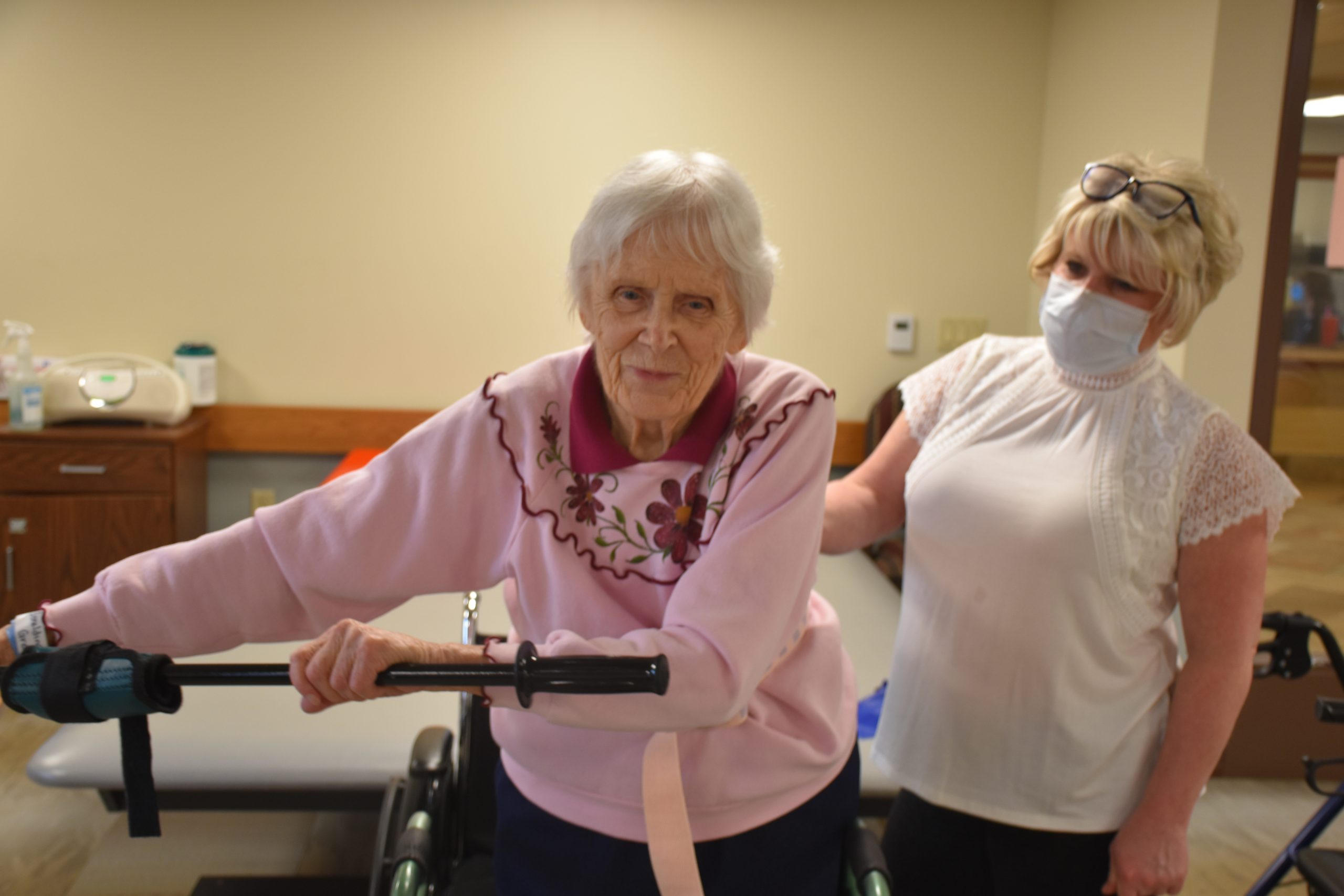Balance Therapy

Our Balance System
Balance is such an important part of our lives. It’s the mechanism that allows us to stand, walk, move around our homes and walk up and down steps. Good balance is needed when you are walking across a lawn, getting into a shower or getting out of a vehicle.
Balance is so important that we often take it for granted. We just assume it will always be there. We forget that our balance system is constantly trying to work on our behalf.
Loss of Good Balance
If we begin to have balance isssues it really can have a dramatic impact on our lives. Loss of balance can cause dizziness, unsteadiness and even falls. Balance issues can cause dizziness (to the point of nausea) when you stand up quickly or turn your head.
One of the big concerns with balance problems in the senior population is the increased incidence of falls.
When falls occur (especially in seniors) the occurrence of injuries increases substantially. Falls can cause trauma to the head, broken bones, lacerations and bruises and injuries to muscles.
This is the reason why therapists often focus on improving balance in the adult populations. They know that poor balance can lead to a number of more complicated problems.
What Can Cause Dizziness or Loss of Balance?
There are many causes of dizziness and balance disorders and it can happen at any stage of life. However, as we age, there are many factors that can increase our chance for dizziness. Our bodies have multiple systems that work together to influence our ability to balance. If one or more of those systems stops working properly, balance problems can occur.
The Inner Ears
Your Blood Pressure
Medications
Those who are taking medications should speak with their doctors about dizziness. Some medications can have a side effect of causing dizziness. Others combinations of medications can also be responsible for some forms of dizziness.
Your Brain
Your Eyes
One area that is often overlooked when it comes to dizziness issues are the eyes. The eyes play an important role in your ability to balance. The eyes send positional feedback to the brain and without them working properly, dizziness and balance problems can insue.
Your Feet

What if you Need Balance Therapy?
If you have been diagnosed with a vestibular balance disorder, it may be necessary to receive balance therapy (vestibular therapy) to help to resolve your problem. Our physical therapy team at Strides Maplewood is available for your treatment.
Call us at 608-643-3383 to schedule your treatment with us today.

